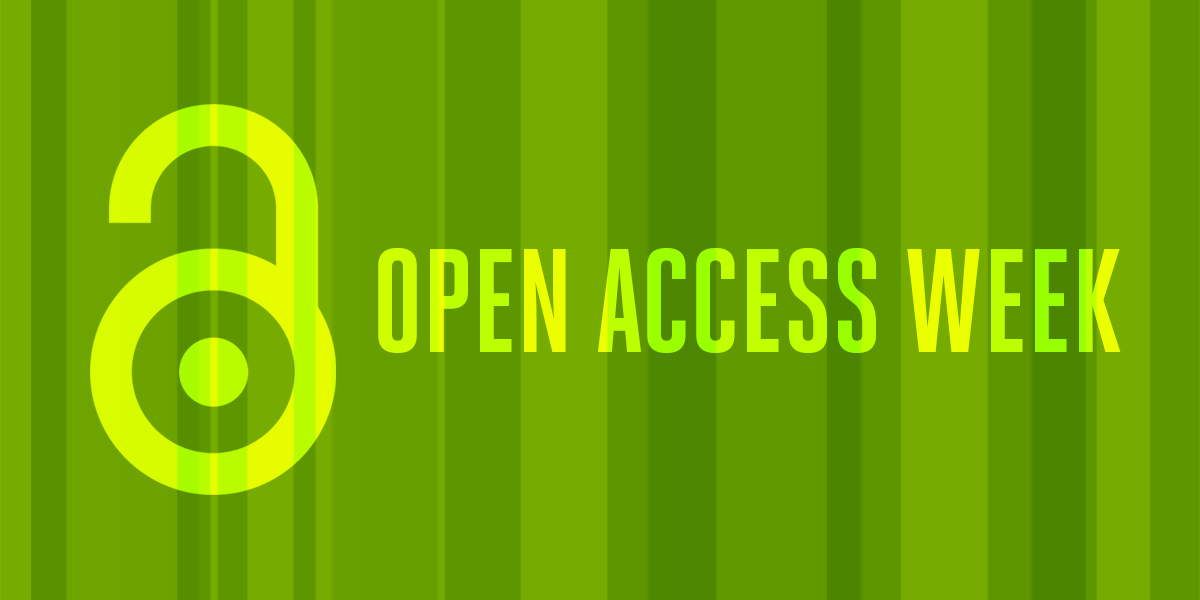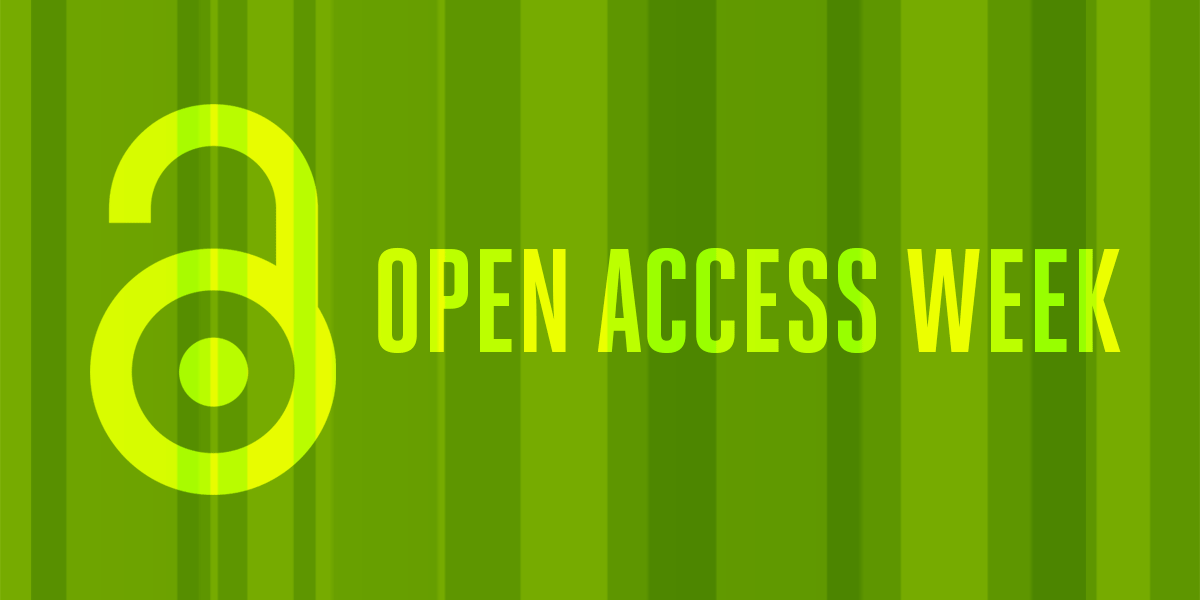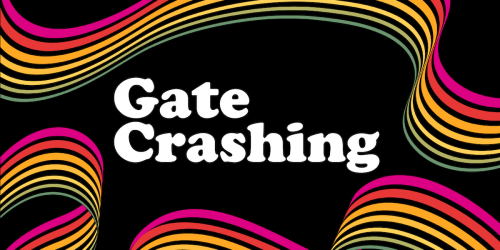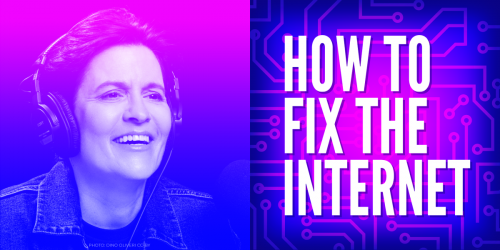Not Just for COVID-19, But for the Next Crisis Too
The COVID-19 pandemic demands that governments, scientific researchers, and industry work together to bring life-saving technology to the public regardless of who can afford it. But even as we take steps to make medical technology and treatments available to everyone, we shouldn’t forget that more crises will come after COVID-19. There will be future public health disasters; in fact, experts expect pandemics to become more frequent. As climate change continues to threaten human life, there will be other kind of disasters too. A patch for the current crisis is not enough; we need a fundamental change in how scientific research is funded, published, and licensed. As we celebrate Open Access Week, let’s remember that open access must be the rule, not the exception.
We wrote earlier this year about the Open COVID Pledge, a promise that a company can make not to assert its patents or copyrights against anyone helping to fight COVID-19. Companies that take the pledge agree to license their patents and/or copyrights under a license that allows for “diagnosing, preventing, containing, and treating COVID-19.” When we last wrote about the Open COVID Pledge, it had just been introduced and had only a few adopters—most notably, tech giant Intel. Since then, many big tech companies have taken the pledge, including Facebook, Uber, Amazon, and Microsoft. And the list of licensed technology on the Open COVID Pledge website continues to grow.
While EFF applauds those companies for recognizing the urgency of the moment, open licenses and pledges are only the beginning of the discussion about how we can remove legal obstacles to sharing urgently needed innovation. As we’ve discussed before, one way is to harness the power of existing patent law. There’s a provision that lets the US government use or authorize others to use any invention “described in and covered by a patent of the United States” in exchange for reasonable compensation. In other words, the government could license itself or others to use any patented technology to diagnose, treat, or stop the spread of COVID-19. (If a patent-owner wanted to sue for infringement, it would sue the United States, not the licensee.) The government can do that under current law, with no need to get a bill through legislative gridlock.
But that’s not enough either. Rising to the many challenges facing society today requires going to the source—how scientific research is funded and published as well as the legal entanglements that can come with that research. The good news is that the open access community has made progress. Although Congress has failed multiple times to pass a comprehensive open access law, current Executive Branch policies require that federally funded scientific research be made available to the public no later than a year after publication in a scientific journal.
Of course, a year is a very long time: think back to where the world was a year ago and ask yourself if all of the last year’s research should be locked behind a paywall. (Fortunately, major publishers have done the right thing and dropped their paywalls on COVID-19-related research.)
Unfortunately, while it’s now possible for anyone to read most government-funded scientific research, that same body of research can become fuel for abuse of the patent system. Take the notorious patent troll My Health, which sued numerous companies for infringement of its stupid patent on telehealth technology. My Health’s patent didn’t originate at a private company; a university applied for and got it years earlier. This is a story that’s become all too common: due to academia’s embrace of ever more aggressive patenting and licensing practices, patents that emerge out of scientific research create obstacles for the public, thus undermining the point of having strong open access policies in the first place.
That’s why EFF has urged research universities to adopt policies not to license their inventions to patent trolls. It’s also why we’ve urged the government to consider the harm that patent trolls bring to the public when reviewing licenses for inventions that arise from government-funded research. There is simply no place for patent trolls in government-funded research.
A pandemic can expose and intensify existing inequities, be it racial injustice or disparity in education. The COVID-19 pandemic has also demonstrated the urgent need for to remove barriers that keep government-funded research from benefiting everyone. Scientific research that the public pays for must be made available to everyone, without a paywall, without an embargo period. At the same time, the government, private funders, and research institutions must take steps to ensure that the research they fund doesn’t become ammunition for abusive litigation. Not just for the current crisis, but for the next one too.
EFF is proud to celebrate Open Access Week.











